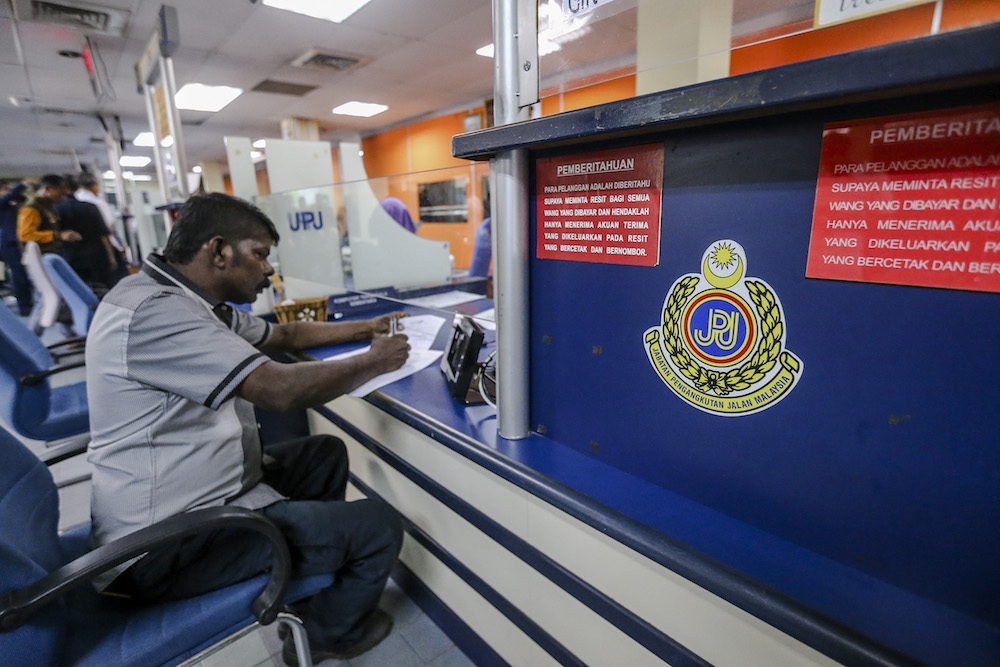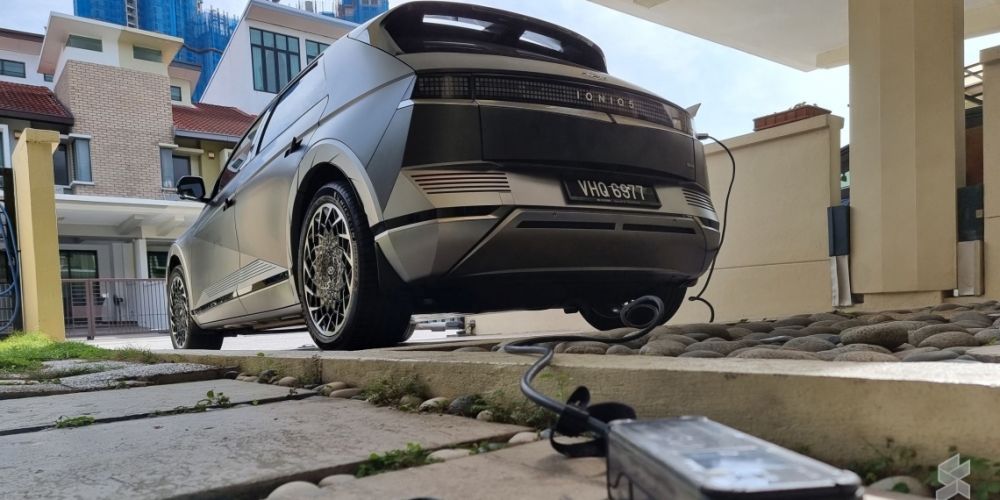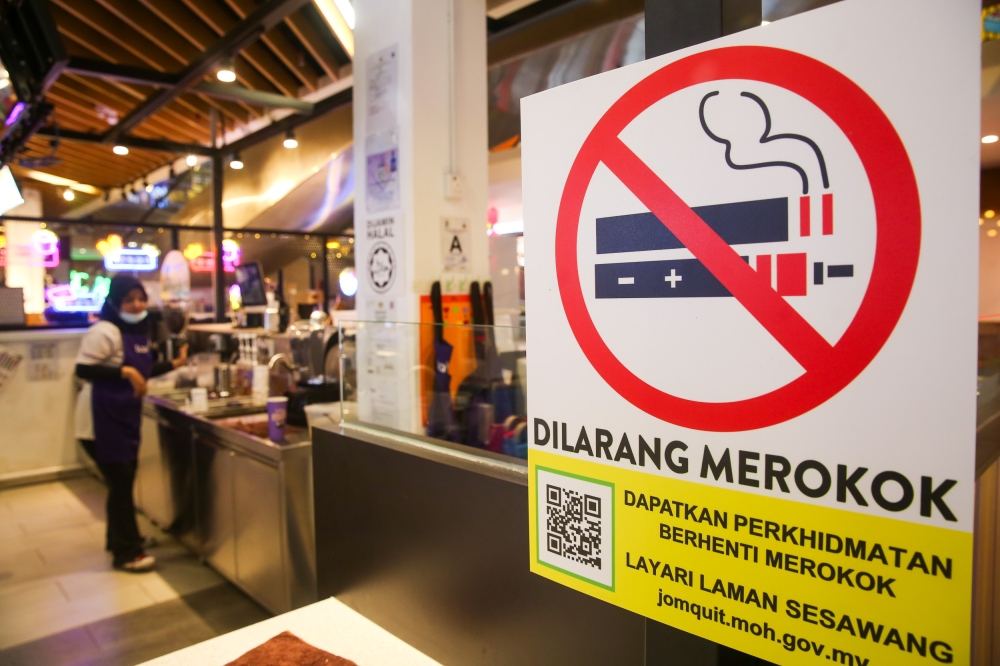KUALA LUMPUR, June 27 ― On Friday, the government announced an electricity tariff adjustment as part of its Imbalance Cost Pass-Through (ICPT) mechanism for the second half of 2023. Chief among the changes is a stinging 10 sen per kWh surcharge for domestic users who consume more than 1,500kWh per month, equivalent to a bill of RM708.
These users — which Minister of Natural Resources, Environment and Climate Change Nik Nazmi Nik Ahmad is keen to point out will only affect around 83,000 households (1 per cent of all households) — will see their bill jump by at least RM187 or 25 per cent. This is because the surcharge will be applied to the entire bill, not just any usage above the first 1,500kWh. They will also lose the 2 sen per kWh rebate they have been enjoying since January 2021.
The surcharge will only apply to the months in which a household’s power consumption exceeds 1,500kWh. Those that manage to lower their consumption to below that figure will not only be spared the surcharge, but they will also get back the 2 sen per kWh rebate, which those who consume less than 1,500kWh will continue to enjoy.
Nik Nazmi said the government is exacting this surcharge on high-consumption households despite a slight decrease in average fuel price from US$224 (around RM1,048) per metric tonne in the second half of 2023 to US$173.50 (around RM811) per metric tonne in the first half of this year.
He added that the average price of coal remains high, exceeding the projected fuel cost of US$79 (around RM369) per metric tonne set in Regulatory Period 3 (RP3), The Edge reported. The main beneficiary of the ICPT adjustment are water and sewerage operators, which have their surcharge lowered from 20 sen per kWh to 3.7 sen per kWh — the same rate as low-voltage non-domestic consumers such as SMEs.
Will this surcharge affect EV users?
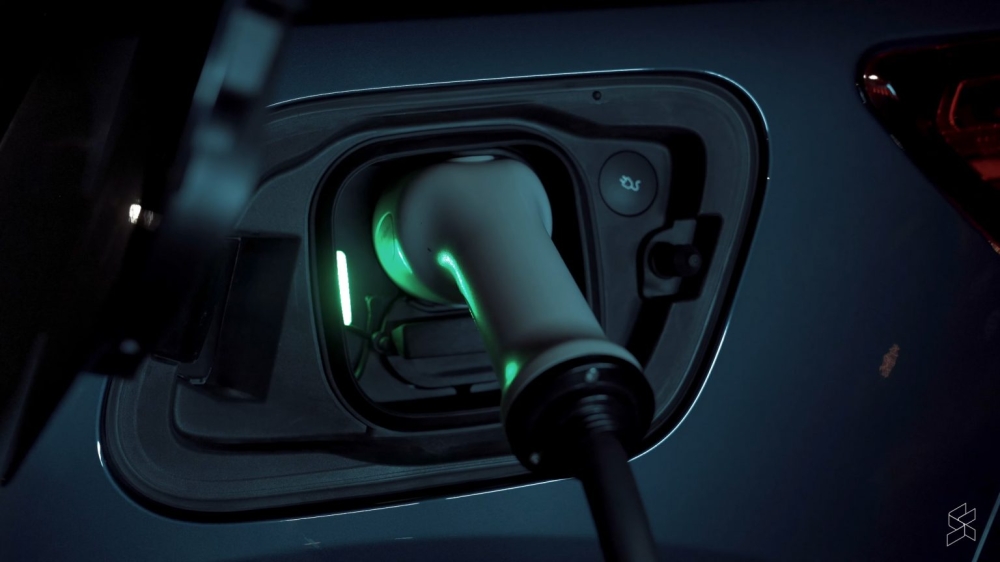
The biggest question being asked electric vehicle owners is whether the extra electricity needed to charge their cars would put them over the 1,500kWh limit. That’s a valid concern, but first we’ll need to determine the average household electricity consumption in the country.
According to this study conducted by the Journal of Engineering, Science and Technology (JESTEC) at the Taylor’s University School of Engineering, the average daily consumption across the 384 households polled was 21.9kWh per day on weekdays and 25.8kWh per day on weekends. Assuming that a month consists of 31 days and four weekends, this works out to 710.1kWh per month. The same study also states that the average consumption of a two-storey terrace house was 920kWh per month.
There are two caveats to the study. The first is that this study was conducted back in 2017, and the actual average will have likely gone up since then, due to consumers purchasing new and more powerful appliances and gadgets. It also only polled households in Kajang and Putrajaya; consumers in areas like Petaling Jaya and central Kuala Lumpur would’ve probably recorded higher power consumption.
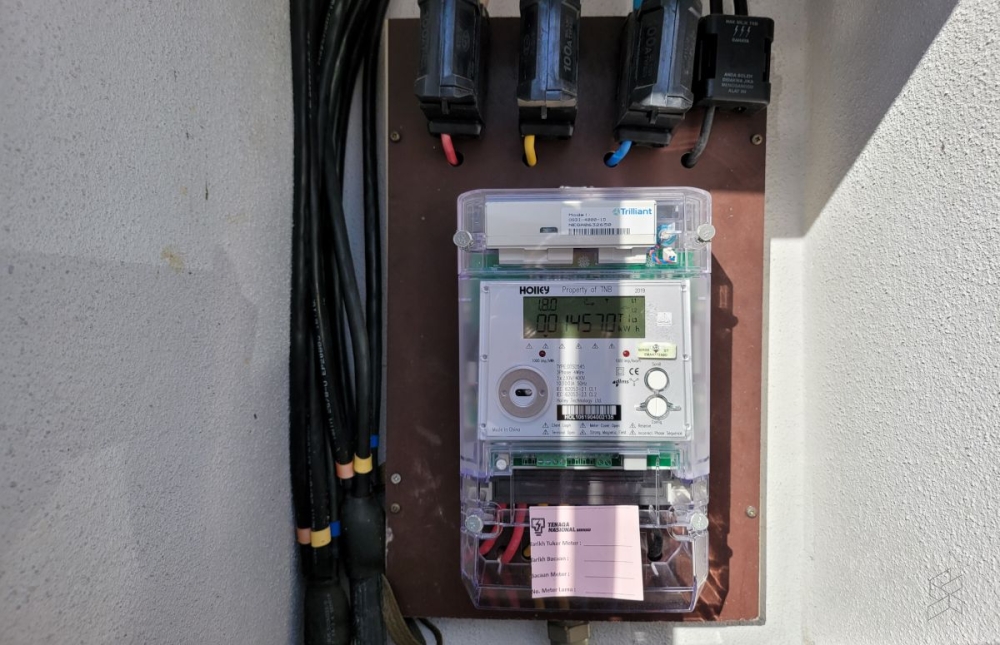
Even taking these caveats into consideration, however, there’s still a lot of headroom before you’d butt up against the 1,500kWh ceiling by charging your EV. If you travel, say, around 1,000km every month, and your car has an average power consumption of 20kWh per 100km, that works out to an extra 200kWh per month. Even if your household consumes a heady 1,000kWh per month, you’d still sail way under the limit.
Really, you’d have to drive over 2,100km a month (an insane amount of mileage, might I add) in the most inefficient Porsche Taycan Turbo S — which maxes out at 23.4kWh per 100km on the WLTP cycle — to incur the surcharge. Automotive portal paultan.org has created a pretty handy calculator where you can input your monthly mileage, your EV’s average power consumption and your monthly bill and see if your monthly energy consumption will exceed 1,500kWh.
Still, there will always be fringe cases, and for those who are in danger of exceeding that threshold, it might be worth investing in a solar panel to help offset your electricity consumption. And if you’re looking to purchase a BMW iX, you’ll receive a free 4.4kWp rooftop solar photovoltaic system from Solaroo Systems — worth over RM20,000 — if you buy your car from Millennium Welt or Quill Automobiles, while stocks last. ― SoyaCincau

